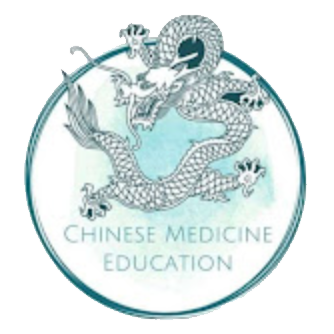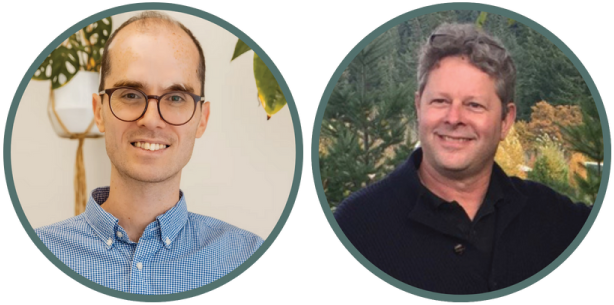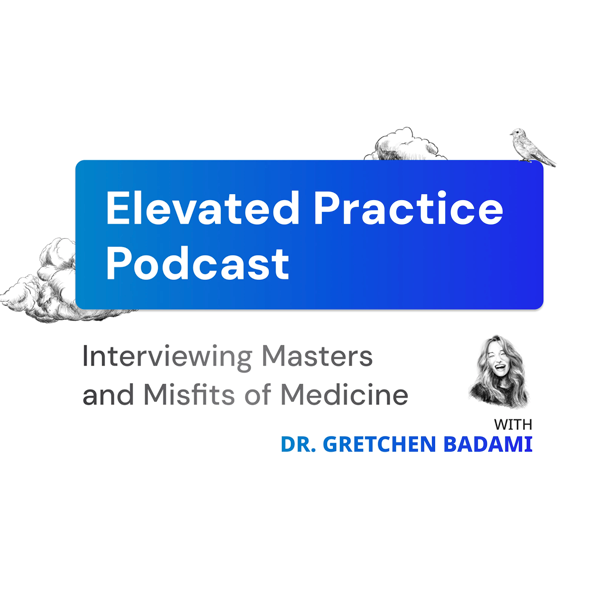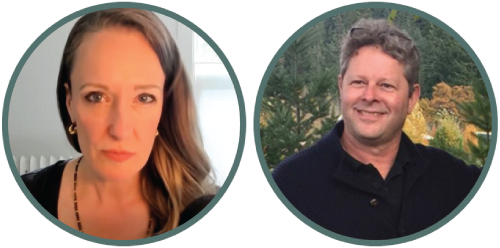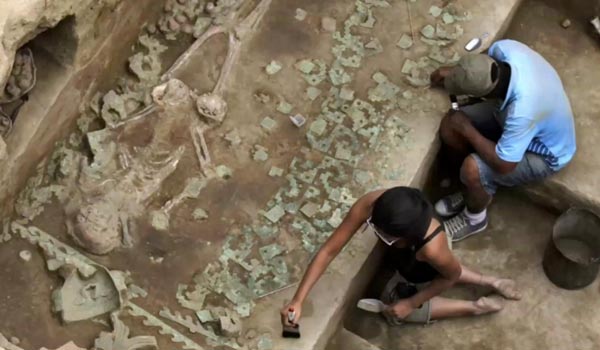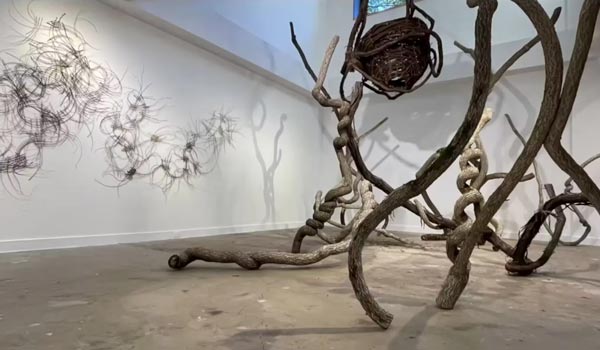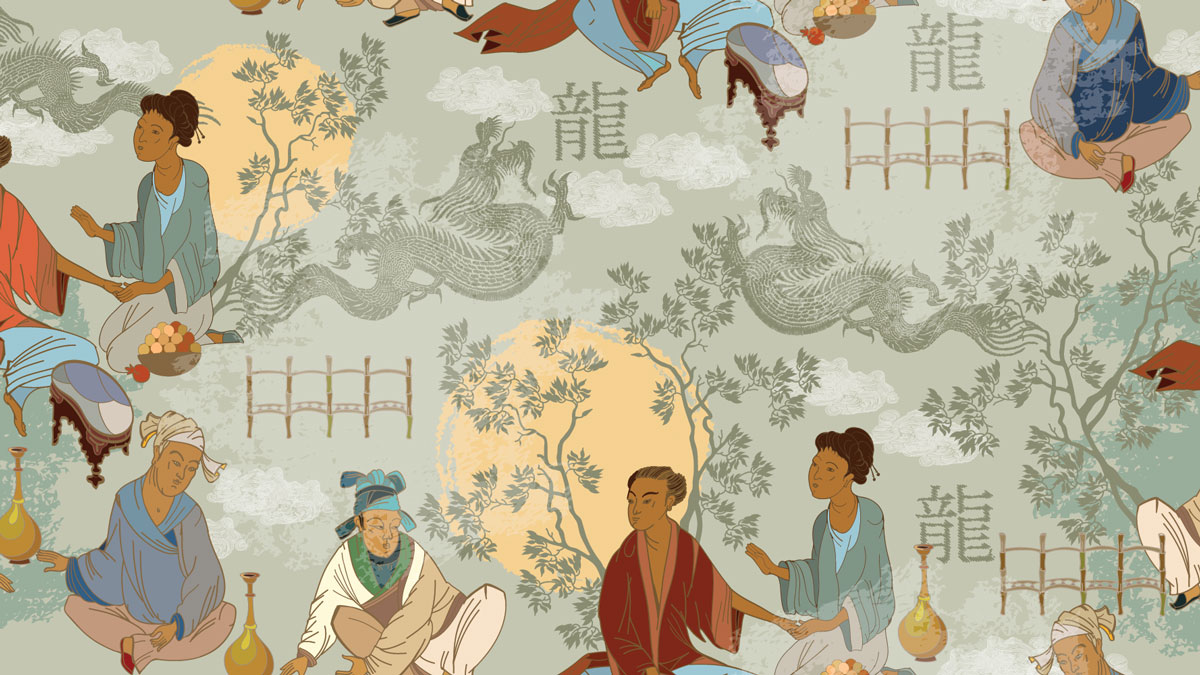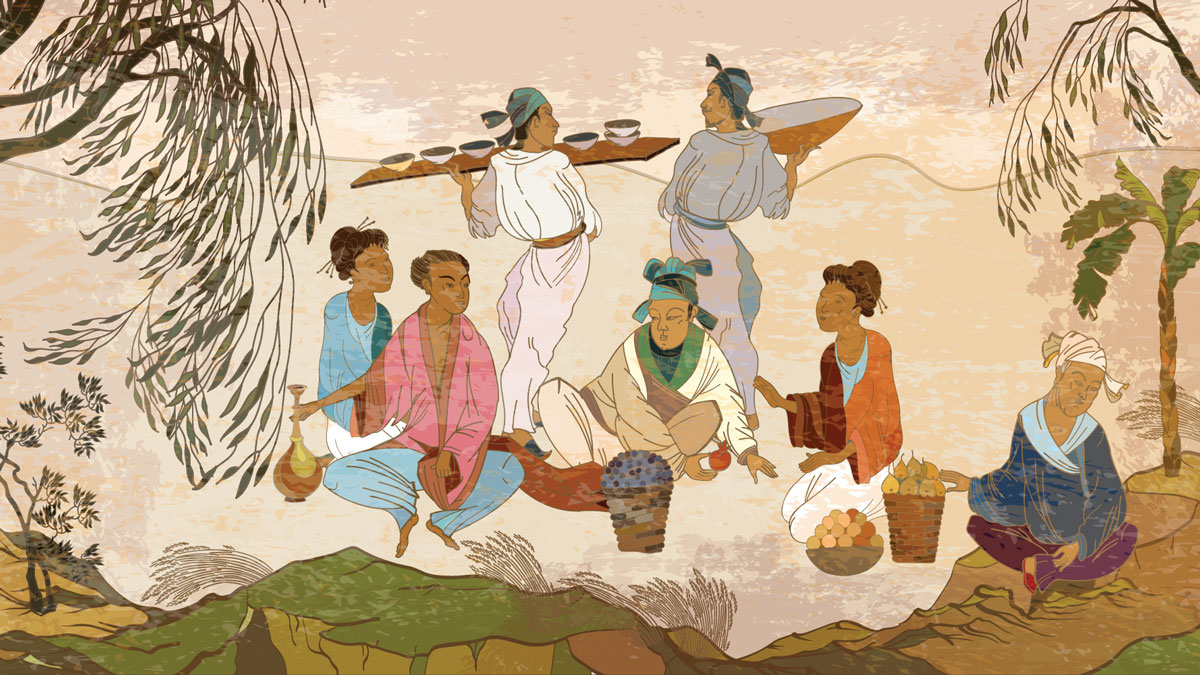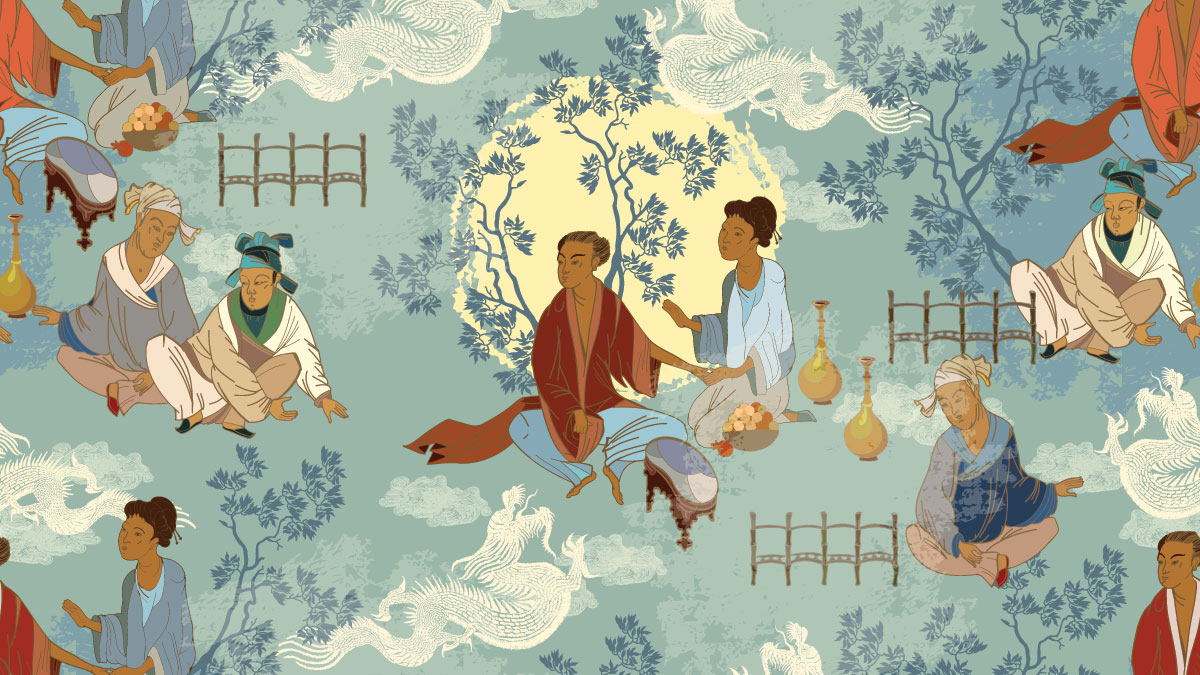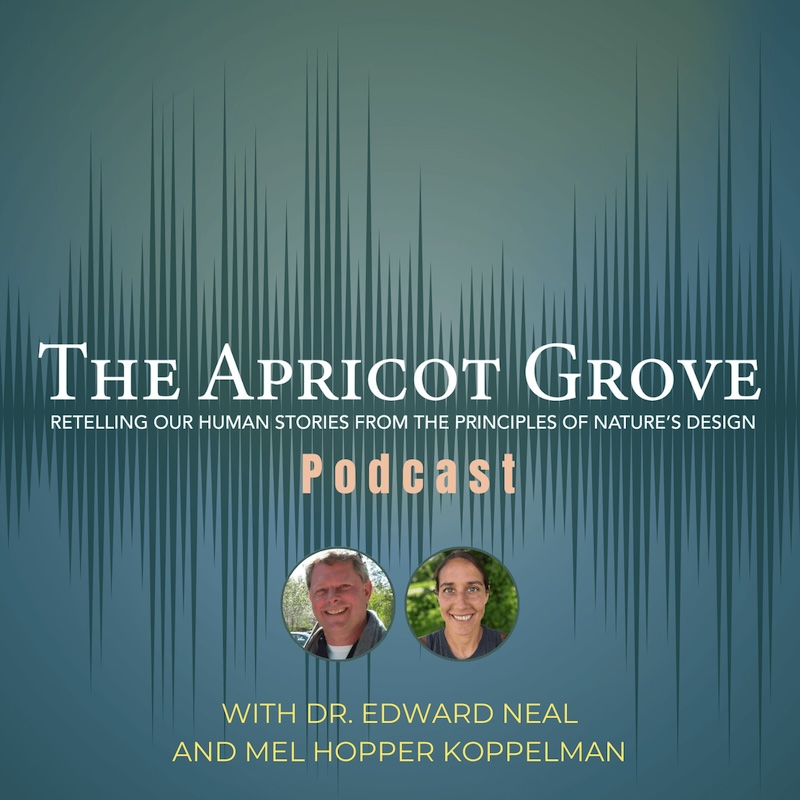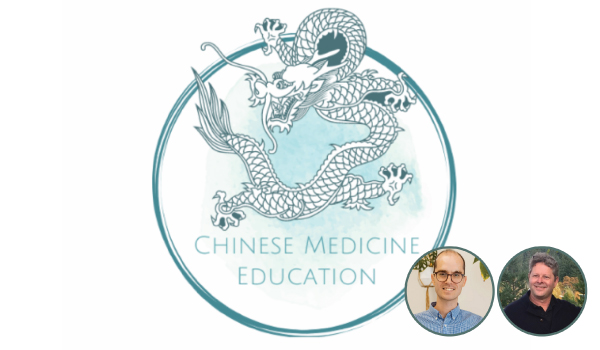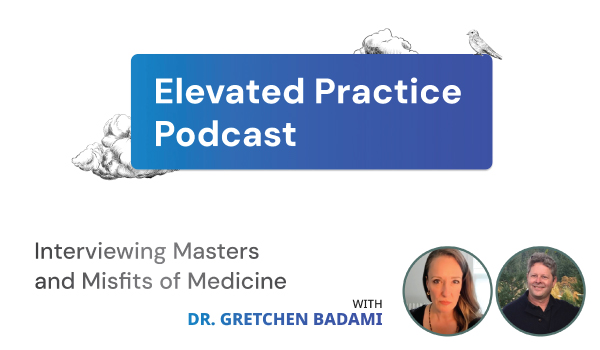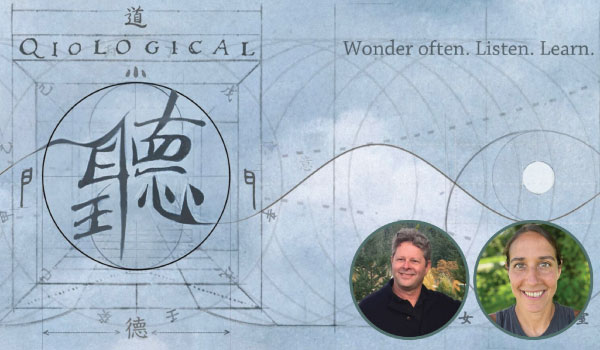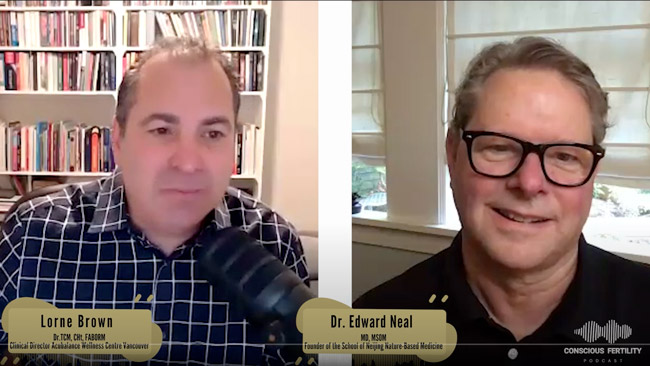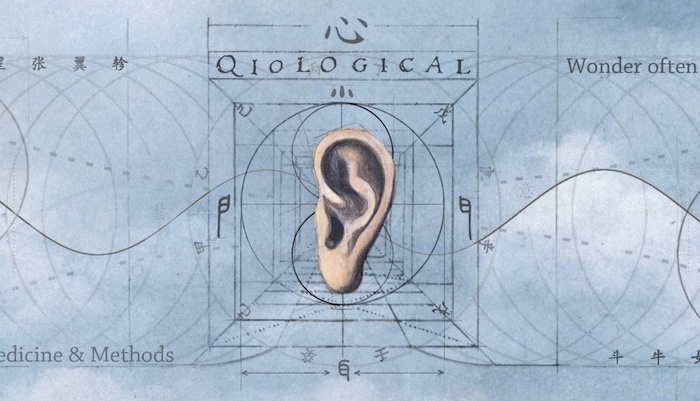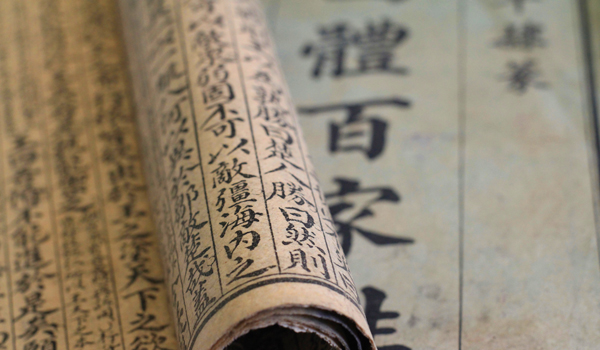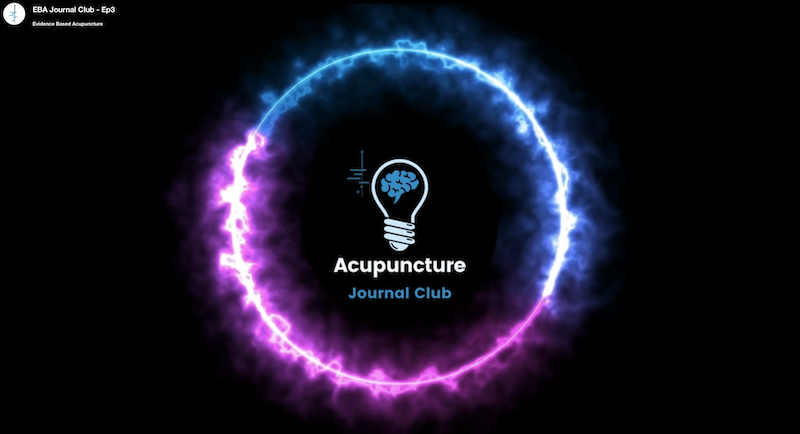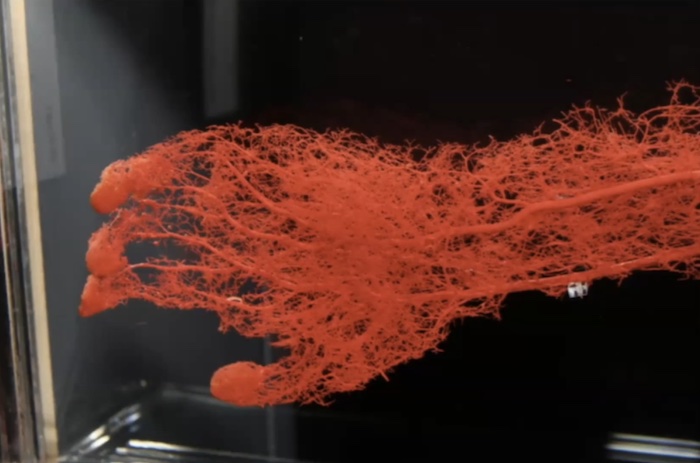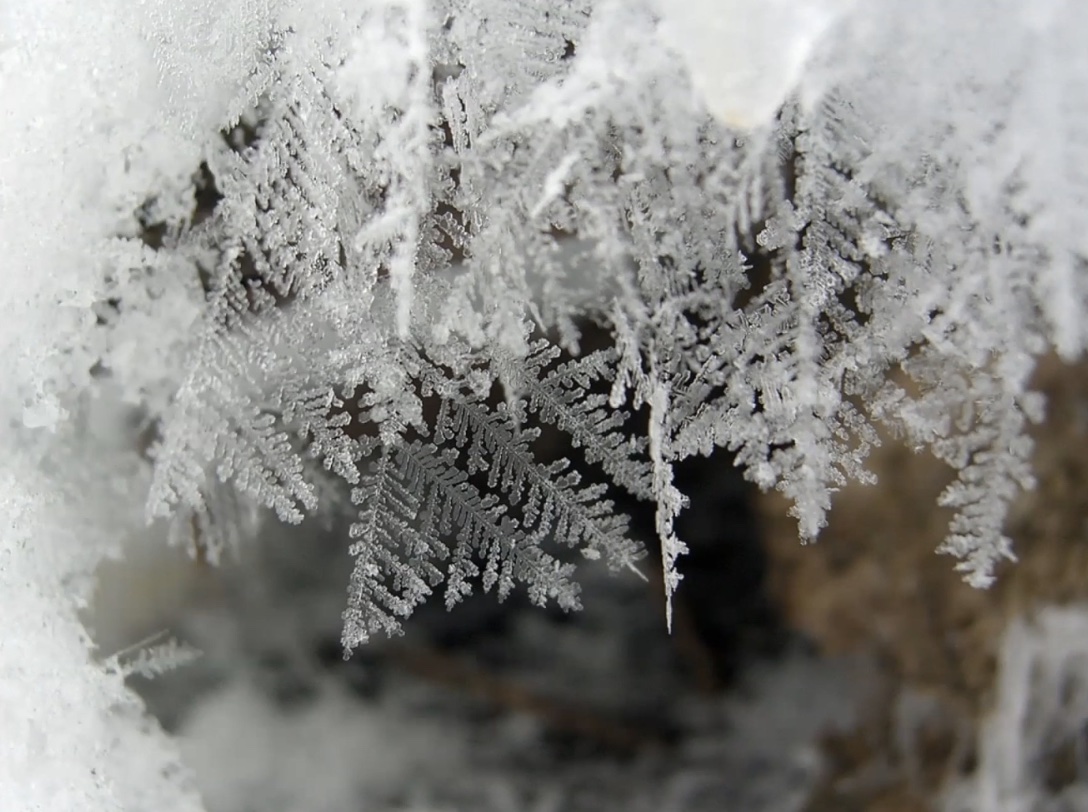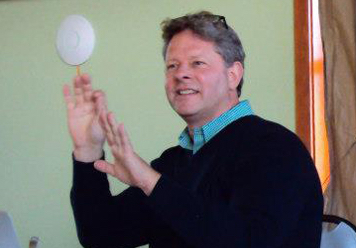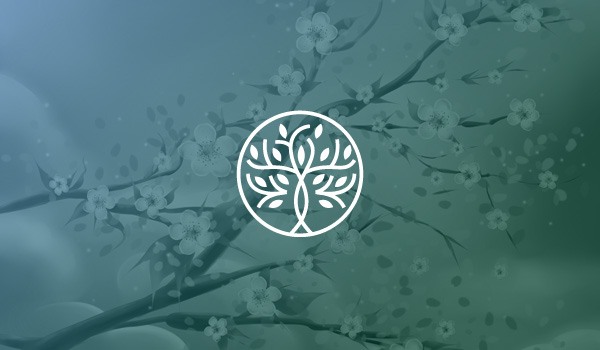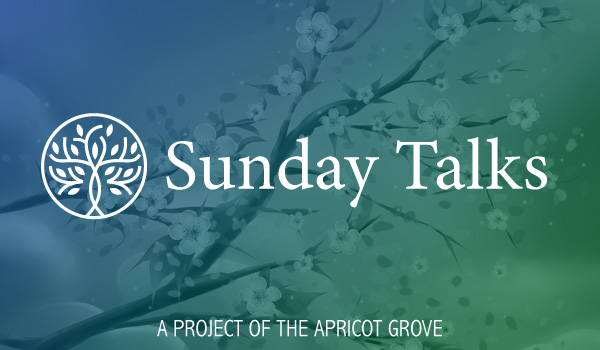The Apricot Grove
Resources
Deepen your study of the Neijing and Classical Chinese medicine by exploring our lectures, publications, and media
Explore our curated collection of lectures, articles, and publications that illuminate the foundational principles of Neijing Nature-Based Medicine. These resources offer valuable insights for both seasoned practitioners and dedicated students, supporting deeper understanding and continued inquiry into Neijing-based healing traditions.
Featured Recent Podcasts
Related Podcasts
Neijing Nature Based Medicine: Returning to the Root with Dr Edward Neal
PODCAST
With Gavin Martin-Rentz and Dr. Edward Neal
Join us for an in-depth conversation with Dr Edward Neal, physician, researcher, and founder of Neijing Nature Based Medicine. In this interview, we explore the roots of Chinese medicine through the lens of the Huangdi Neijing and discuss what this classical text can teach us about clinical practice today.
Dr. Ed Neal: Nei Jing Nature-Based Medicine and Text Archaeology
PODCAST
With Dr. Gretchen Badami and Dr. Edward Neal
What if modern disease, and even the human condition itself, could be reframed through ancient wisdom? Can the Nei Jing offer new ways of creating meaning and understanding in our world today? In this episode Gretchen interviews Dr Ed Neal, and he shares his journey bridging modern medicine with the ancient wisdom of the Nei Jing. He shares how his understanding and practice of East Asian Medicine has been informed by an ever changing and deepening understanding of the Inner Classic, through a process of Text Archaeology.
Qiological Podcast: The Invitation to Troubled Times
PODCAST
with Michael Max, Edward Neal, and Mel Hopper Koppelman
What do we do when the world feels like it’s unraveling? How to respond when our systems—political, economic, medical—feel brittle, even broken? It’s easy to fall into despair, or look away. But maybe what we’re being asked to do is look closer. To stay present. In this conversation with Ed Neal and Mel Hopper Koppelman, we explore the edges where medicine, ecology, and culture meet. Both are thinkers who don’t shy away from complexity. Ed draws from classical Chinese texts and ecological systems. Mel, from her knowledge of science and systems thinking.
From Chaos to Harmony: The Neijing’s Map to Balance and Well-Being with Dr. Edward Neal
PODCAST
Conscious Fertility podcast with Lorne Brown
Join Dr. Edward Neal as he bridges the wisdom of classical Chinese medicine with modern science. Drawing from the "Neijing," an ancient text revealing the universe’s operating system, he explains how aligning with natural rhythms can transform health and consciousness. In this episode, Dr. Neal explores how the universe’s intangible patterns shape the physical world. Discover how practices like acupuncture and mindful living can restore balance, foster flow, and help you connect with the light and breathe at the heart of existence.
Qiological Podcast: Nature in Medicine
PODCAST
with Michael Max and Edward Neal
East Asian medicine is a nature based medicine. And nature… nature is weird, and mysterious. And as much as we like to come up with “Laws of Nature” they are more like approximations. Useful for sure. But you’re asking for trouble if you confuse the map with the territory. And with nature, the territory is always changing. How do you keep your senses open and unencumbered with habit and belief? How do you stay present to what your patient might need in this particular moment? How do you wisely use knowledge in such a way that it doesn’t become dogma?
Nei Jing Perspective on Life, the Universe and Acupuncture
PODCAST
With Michael Max and Edward Neal
We trace our medicine back to the Neijing, but most of our actual practices come from a more modern perspective. Going back to those roots is not easy. Even for native speakers of Chinese, reading the 文言文 wen yan wen, the classic Chinese is difficult. For those of us in the modern West, these ancient texts are challenging. They require not just language, but a minset that views the world from through a completely different set of lenses and prisms than Cartesian and materialistic science offers to us. Immersion in this ancient material changes us if we allow it. Gives us hints at seeing how matter and energy interact in ways toward which modern medical science is blind.
Sample Lectures from Our Online Classroom
From the 2024/26 Mentorship Training Program
Study Topic #12
Architecture of the Human Body (excerpt)
Study Topic #13
Rivers and Watersheds (excerpt)
Study Topic #14
Suwen Chapter 1 Text Reading (excerpt)
Study Topic #25
Seeing with the Artist’s Eye (excerpt)
Articles and Lectures
Reflections on Studying the Huang Di Nei Jing in the West
ARTICLE
By Dr. Edward Neal, MD
First published in Chinese Medicine and Culture
Volume 7, Issue 1 (March 2024)
Huang Di Nei Jing ( 黄帝内经 The Yellow Emperor’s Inner Classic) has been the source text of Chinese medicine knowledge and innovation for over two thousand years. Despite this key relevance, many of its ideas and practices have proven difficult to understand and implement fully into clinical practice. Cultural and language differences can be compounded with these challenges but may also present new opportunities for advancement and insight when studied by researchers outside of the originating culture. This article introduces the method of Classical-Text Archaeology and delves into the author’s two-decade journey of researching this text, with a discussion on cultural differences and issues of medical scholarship.
Reading the Seasonal River Tides
VIDEO
In the initial descriptions of Chinese medicine set down in the Huangdi Neijing, acupuncture was described as a traditional form of ecological surgery. Its primary aim was to restore the natural watersheds of the body by regulating the flow of the blood circulating through these regions. These writings compare the vascular rivers of the body to rivers in nature, understanding them to be formed by the same basic forces and patterns of nature. Similar to rivers in nature, the flow qualities of the vascular rivers display different seasonal variations or 'tides'. We assess these seasonal tides in the pulse qualities of the major blood vessels of the body. This allows us to synchronize the bodies of our patients with the seasonal patterns of nature.
Acupuncture Journal Club Meeting with Evidence Based Acupuncture
In a special collaboration with the folks at Evidence Based Acupuncture, Dr. Neal guest moderates a journal club discussing the paper by Stephan Birch and his colleagues titled "Understanding blood stasis in traditional East Asian medicine: a comparison of Asian and Western sources". During this talk, he delves into the current state of Chinese medicine terminology and highlights some of the pressing challenges illuminated by these findings.
New Visions of the Universe
VIDEO
Watch this recently recorded interview between Dr. Edward Neal, MD and Dr. Xavier Aupí, PhD, a theoretical physicist from Barcelona.
The Neijing Perspective on the Covid-19 Illness
VIDEO
This is a lecture presented by Dr. Edward Neal about Covid-19, given on April 20, 2020 and hosted by Healthy Seminars.
External Diseases
VIDEO
Watch Dr, Neal present a brief excerpt from a lecture on External Diseases given to 2017-2018 Neijing Studies: Level I students on October 1, 2017.
An Interview with Edward Neal
ARTICLE
First published in Journal of Chinese Medicine
Number 105 (June 2014)
Following the paradigm-shaking series of three articles recently written by Edward Neal for The Journal of Chinese Medicine (issues 100, 102 and 104), the JCM wanted to follow up with an interview with Dr. Neal in order to tease out some of the arising threads. Dr. Neal has been practising and teaching Chinese medicine for over 20 years. Originally trained as a Western allopathic physician, he first studied traditional acupuncture with Dr. Anita Cignolini of Milan, Italy.
Classical Chinese Medicine and Contemporary Science: The Vascular Model of Disease Pathogenesis. A Common-Path Theory of Human Illness
ARTICLE
By Dr. Edward Neal, MD
First published in Medical Acupuncture
Volume 27, Number 2, 2015
The practice of physician acupuncture faces unique challenges in its development and inclusion as a recognized medical specialty. Information contained in early Chinese medical texts offers solutions to some of the divides that separate Chinese Medicine from contemporary biomedicine. Recent advances in classical text research—made possible by the establishment of Chinese language databases—provide new hypotheses of disease pathogenesis and new strategies for treating various acute and chronic illnesses.
Events
Symposiums, lectures, workshops, and conferences with Dr. Neal
Dr. Neal regularly lectures to AMA physicians, acupuncturists, scientists, has worked with the World Health Organization, and numerous other organizations, universities, and institutes.
To host Dr. Neal for a speaking engagement, please contact us.


